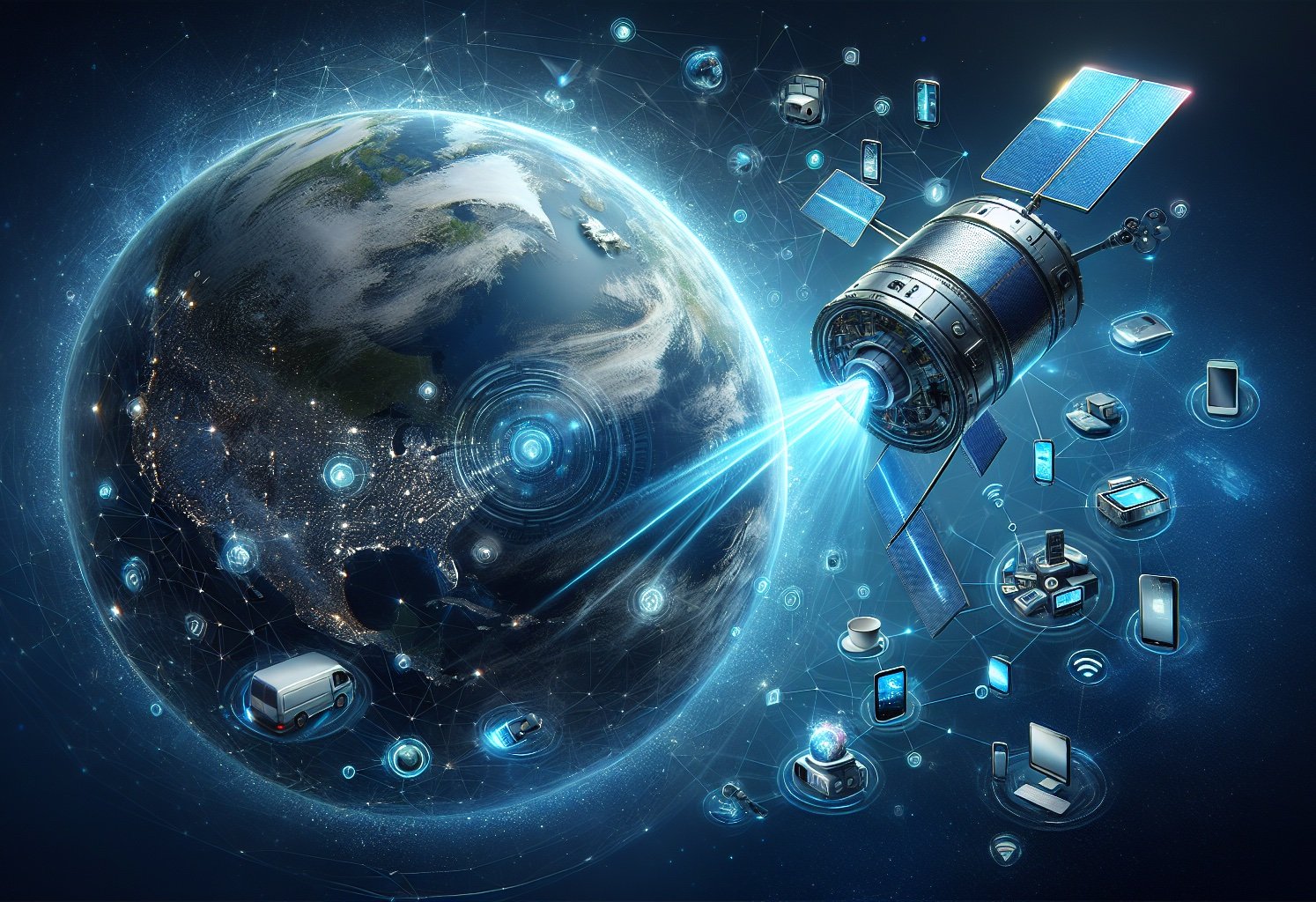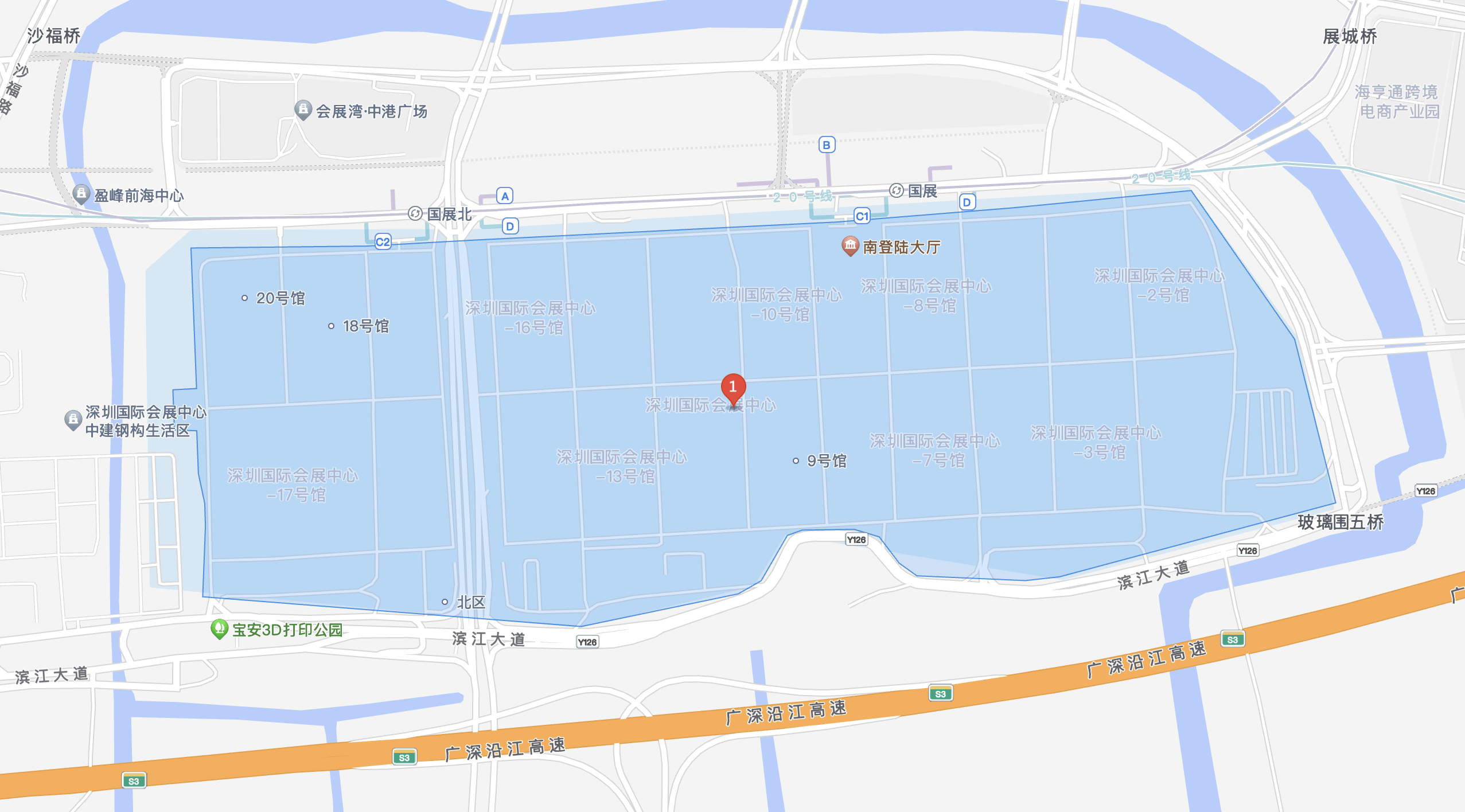
In an era when the Internet of Things (IoT) is rapidly reshaping industries, Globalstar is harnessing state-of-the-art technologies such as artificial intelligence (AI) and edge computing to offer revolutionary solutions.
Ahead of the IoT Tech Expo North America, Luis Mirabal, the head of strategic financial analysis at Globalstar, illuminated the company's stance on IoT and its utilization of advanced technologies to expand the frontiers of connectivity and intelligence.
"Globalstar is a trailblazer in satellite communications and has crafted numerous products over time," Mirabal remarked. "Presently, it is in the marketplace, developing and promoting products related to IoT. Satellite communications and IoT are a perfect match."
Globalstar's IoT devices draw on the company's global satellite constellation to provide connectivity solutions in regions where traditional cellular networks and local infrastructure are deficient. These devices cater to a wide variety of use cases, including logistics, marine applications, wildlife tracking, and sustainability endeavors, enabling businesses and organizations to monitor and manage assets even in the most remote locations.
Mirabal emphasized the distinctive capabilities of these devices, many of which are solar-powered and designed to function in harsh environments, providing valuable data and insights that would otherwise be unattainable.
One of the key distinguishing features of Globalstar is its planned rollout of an upgraded network that will enable two-way communications and edge computing capabilities.
"The network will be able to apply responses that different use cases desire to assert to whatever device is connected," Mirabal explained. "There are computing capabilities on those devices. So you can actually even run AI models and inference models that will have certain command and control capabilities."
By incorporating edge computing and AI into its IoT devices, Globalstar aims to transform the way businesses interact with their connected assets. Instead of relying solely on data transmission, these intelligent devices will be capable of processing information locally, making decisions, and executing actions autonomously, enabling real-time responses and optimized operations.
This paradigm shift in IoT technology has the potential to transform industries such as logistics, transportation, and energy, where real-time decision-making and automated control can significantly enhance efficiency, reduce costs, and improve safety.
Addressing the challenge of data management and analytics in IoT, Mirabal underscored the company's API layer, which allows partners and value-added resellers to seamlessly integrate their solutions with end-users.
"There are many different use cases where data management is being used to, as I mentioned, track assets and manage devices," Mirabal said, citing examples such as logistics and asset monitoring. By providing a robust platform for data integration and analysis, Globalstar empowers its partners to develop customized solutions that meet the unique needs of their customers, unlocking valuable insights and enabling data-driven decision-making.
Looking ahead, Mirabal envisions the evolution of IoT driven by improved connectivity, increased bandwidth, and seamless integration across value chains.
"The end-user would expect that the entire value chain is likely to be the same platform," Mirabal explained. "So you will have end-to-end asset tracking for logistic purposes or all areas in an energy system covered by the same provider." This vision of end-to-end connectivity and integration aligns with the growing demand for comprehensive solutions that span the entire lifecycle of assets, enabling seamless monitoring, control, and optimization across diverse industries.
This paper is from Ulink Media, Shenzhen, China, the organizer of IOTE EXPO (IoT Expo in China)






